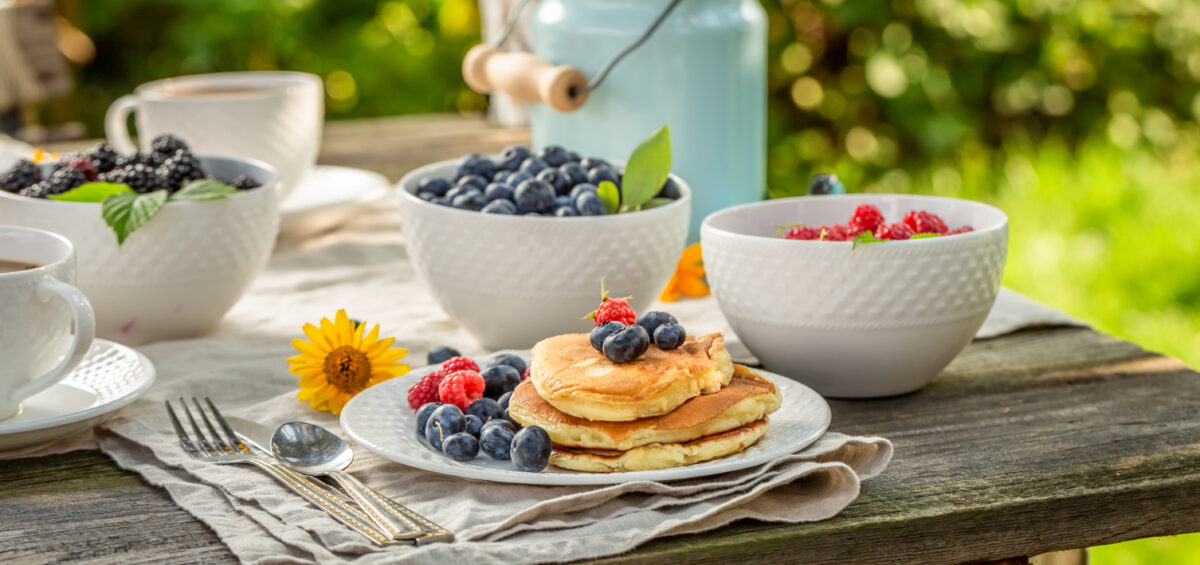I’ve always loved breakfast.
That appetite took hold in my twenties, while covering wheelchair basketball across the Western U.S.
Just a young reporter chasing stories, late-night deadlines, and finding the nearest watering hole to enjoy a beverage before closing time. I’d roll into a dining room well past 10 a.m., still groggy, unshaven, and with a raggy t-shirt. I would be greeted by the smell of bacon and burnt toast, and suddenly, life made sense again.
There were mornings when I had to beg the hostess – at times, with Canadian bacon and maple syrup – for a breakfast menu when lunch was being served.
Breakfast: it wasn’t just a meal. It was a ritual. A pause. A comfort. Something about it has always felt like the beginning of something better.
And last week, during National Volunteer Week in Canada, something happened at breakfast that I will never forget it.
Not because of the food, though, the omelet was top-notch. Not because of the coffee, though, bless them, they kept it coming. No, it was something else. Something rare. Something kind.
Let me explain.
I have cerebral palsy. Most days, I manage feeding myself just fine, which means eating is kind of a full-contact sport. You get good at aiming, but some of it ends up on your shirt, the table, and—if we’re being honest—whichever chairs are next to you. I call it “sharing breakfast with the furniture” but I get it done.
That morning, I was halfway through my breakfast at a hotel restaurant in downtown Edmonton. I had a speaking engagement that afternoon and really didn’t want to wear my omelet. I was doing okay, when Geeta, the restaurant manager, quietly came over and asked, “Would you like some help?”
She didn’t flinch. Didn’t hesitate. She just… offered. Not in a performative way. Not because she was told to. Geeta simply saw a moment to help and acted on it.
Now, I’ve been eating breakfast in hotels for decades. This has never happened before.
Geeta took the time to help, carefully, patiently. She even noticed when I grimaced at the raspberry jam and swapped it—without fuss—for strawberry. She didn’t just serve food that morning. She served dignity. With no spotlight. No applause. Just heart.
That moment, small as it may seem, made me think deeply about the idea of volunteering. About what it means to offer—not because you have to, but because you can.
Which brings me to the David Foster Foundation.
For over three decades, the Foundation has helped families with children needing life-saving organ transplants. Not with surgery—that’s what doctors are for—but with everything else: travel costs, accommodations, food, and miscellaneous cost-of-living expenses. The unspoken parts of medical crises: the ones that no chart or prescription can cover.
And all of it is possible because of people who care. People who show up. People who, like Geeta, don’t wait to be asked. They just do.
But here’s the thing: the Foundation—and the families they serve—need one more thing. One critical piece that can only come from you.
They need registered organ donors.
One decision. One signature. One quiet moment of “Yes, I’ll help” can create a legacy that outlives us all.
I’m not asking you. I’m not telling you.
I’m just a newspaper man who knows the power of timing. And the value of taking action when it counts.
Registering as an organ donor isn’t about grand gestures. It’s not about being a hero. It’s about doing something kind, quietly. Like Geeta did that morning. Like volunteers across Canada do every day. It’s about helping someone finish their breakfast. Finish their childhood. Finish their life—on their terms.
And maybe that’s the real meaning of breakfast. It’s the first chance we get each day to be kind. To sit with someone. To share meaningful conversations, full of hope. To help when we can.
So, here’s to breakfast—the eggs, the toast, the jam (strawberry, please), and to the people who make those moments possible.
The volunteers.
The donors.
The ones who choose to help before being asked.
That, my friends, is how legacies begin.



